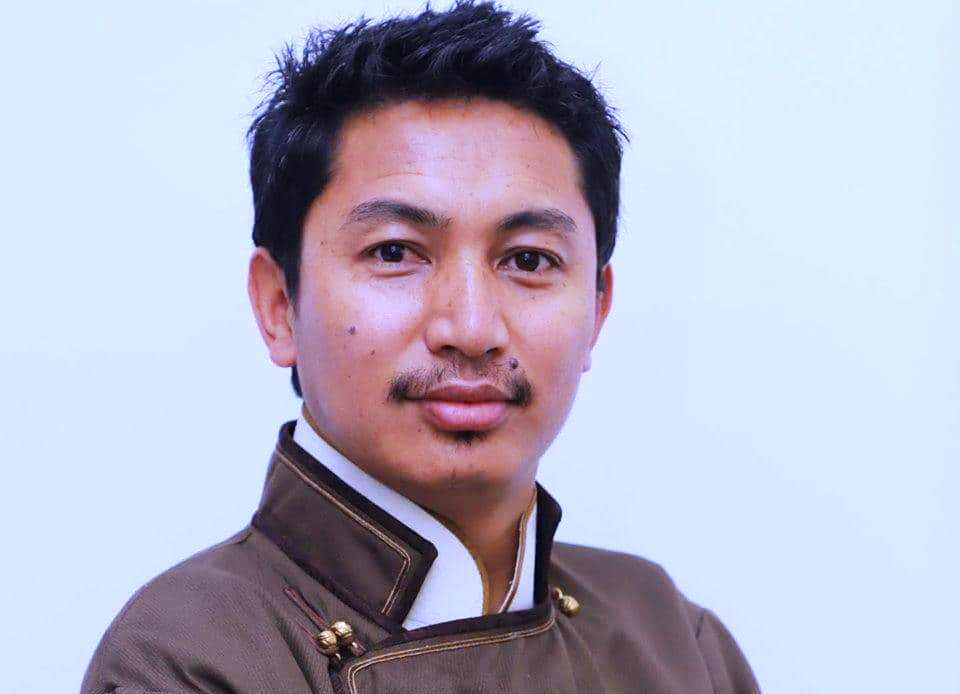The PIAs are tasked to ensure that all the candidates are made computer literate during the crash course. They are to be handhold till they are firmly established. Earlier, the candidates were getting Rs 1000 a month for two months as post placement support that was found too inadequate. During his recent visit, Jairam announced that the candidates would get Rs 2000 per month PPS for six months regardless of their placement.
The scheme took off late last year with ILFS Skill School and Don Basco Technology Institute as the pilot PIAs. This year, they were joined by two more PIAs – the Hyderabad based CAP Foundation and India Can Education. The number of training centres has gone up to 40 in 28 blocks and Jairam says that when the scheme enters fourth year, all the 143 blocs of the state will have one training centre each.
While India Can has started its operations from Ganderbal with 95 candidates, the CAP Foundation has set up a major training facility in Sonwar with 165 candidates and has offered new areas and disciplines. It intends to train and deploy 6300 candidates in next three years.
“We are empanelling more companies and by next three years we should have a training centre in every block of the state,” said T Vijay Kumar, the Joint Secretary RD and in-charge of the program. More PIAs mean opening of more sectors. Earlier, the emphasis was on retail and BPO but now the trainings are diversified as courses for computer hardware, mobile repairing, healthcare, fashion are also being offered. The courses are being offered strictly according to the market requirement.
While 2431 youth have already been trained so far, the target for 2012-13 is 7000. The immediate priority with the PIAs is to manage placement with local companies across J&K which seems the most preferred option with the trainees. Jairam also wants this to be explored fully. “The boys had flown out to study as guns roared here and then they returned to create major businesses like Khyber and Kanwal which are expanding and need a lot of people,” the minister advised the students at the University of Kashmir.

In fact most of the 500 job letters that were distributed last week by Chief Minister Omar Abdullah are for employment within the state. Local industry and businesses is also seeking PIA help in getting trained human resource for their businesses. Sheikh Irfan, one of the directors of a new company that is introducing 100 radio taxis in Srinagar next week has sought 100 drivers and 30 staffers for its 24 x 7 call centre from a Hiamayat PIA.
Kumar aid 250 more job letters are being issued in next one fortnight, again mostly within J&K.
The project had its own problems in the first year. Statistics suggest that in the first year when 1691 of 1992 registered under-grad dropouts were trained, 1245 were given job letters. While only 950 joined, 381 quit the jobs for varied reasons and only 569 are working. It makes a success rate of 33.64 percent. Youth from Jammu exhibited an attrition of 66 percent as compared to 22 percent found in Kashmiris.
“We have actually been on ground for slightly more than six months so a new program will encounter problems,” Jairam told reporters. “We are also learning, so when we encounter a problem we manage a response.”
Himayat insiders suggest that the low success rate in the first batch is the outcome of a number of problems. While low wages is the principal factor generally, boys and girls deployed with BPOs and retail chains in Chandigarh and NCR face additional problems of hunting low cost rented rooms and dealing with the suspicion youth from Kashmir face.
“There are only two problems that need to be tackled,” Omar told the gathering in which the job letters were issued. “They need to be retained once they are placed and second is their secure accommodation.” Omar says youth in J&K don’t lack talent or behavior but opportunity and exposure.
The union Rural Development Ministry had already flagged these issues. “We are willing to do anything to make this scheme succeed,” Jairam said. “As people refused offering spaces on rent, we suggested we will certify the character of these youth on our official letter head that has the Ashoka seal!” The policymakers in the ministry are working to arrive at something that they can offer as another incentive so that the boys and girls stay put. One suggestion, so far, is to give them a laptop each once they complete six months at a place.















